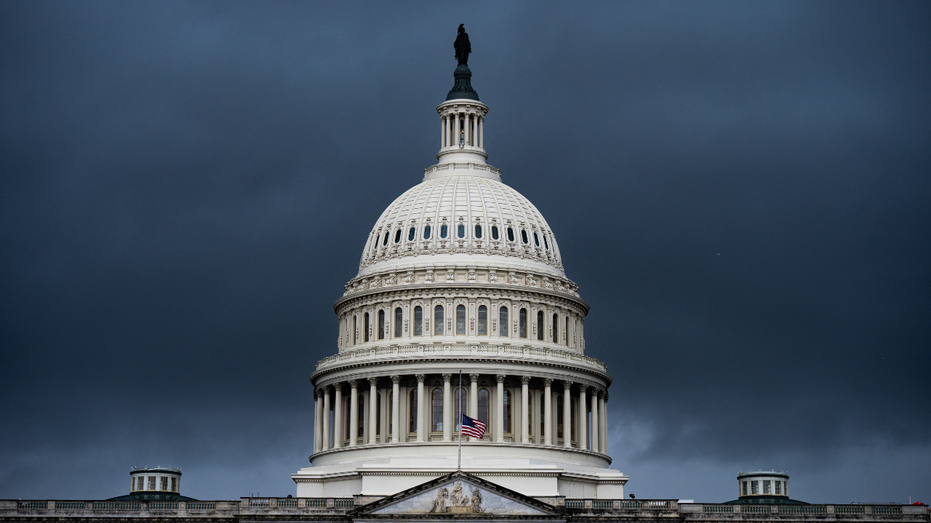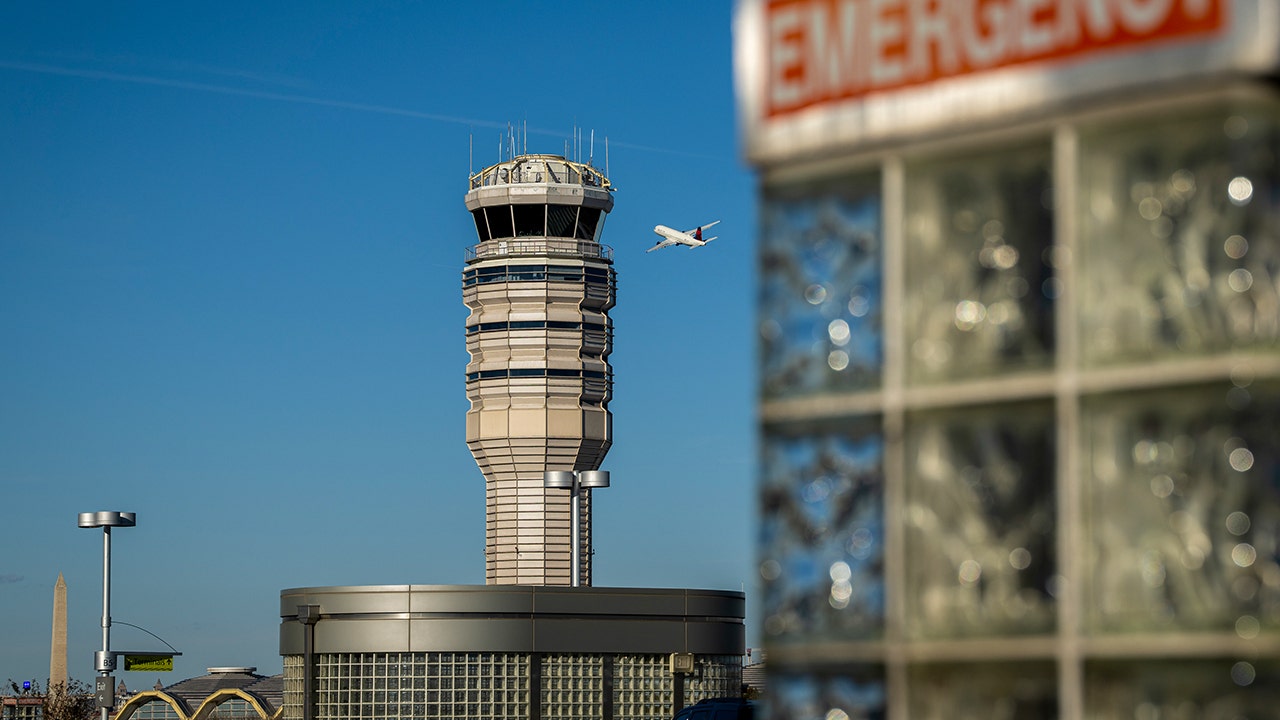Congress is expected to end the 42-day government shutdown Wednesday, but don’t expect air travel to bounce back overnight.
Travel disruptions could linger for nearly a week even after air traffic controllers return to work, Elevate Aviation Group CEO Greg Raiff told Fox News Digital. Transportation Secretary Sean Duffy also cautioned Friday on Fox News that it may take several days to a week for controllers to return to their posts and for full flight schedules to resume once the government reopens.
More than 55 million travelers will venture 50 miles or more from home this Thanksgiving, AAA has projected. With two weeks until Thanksgiving, there have been tens of thousands of delays impacting airlines nationwide since Friday, according to data from the flight monitoring platform, FlightAware.
“In terms of resetting, my estimation, based on my 35 years in this industry, is it will take the system at least three days, and possibly as long as six days, before we’re at a place where we can accommodate all those folks coming back to the flights,” Raiff said in an interview with Fox News Digital.
SHUTDOWN NEARS AN END, BUT FLIGHT DELAYS AND CANCELLATIONS KEEP PILING UP, DATA SHOWS
While the government is slated to reopen Wednesday, Raiff clarified that it could take three to six days after air traffic controllers go back to work for air traffic to return to normal.
FLIGHT DELAYS WORSEN AS UNPAID AIR TRAFFIC CONTROLLERS FEEL GOVERNMENT SHUTDOWN PAIN
“It’s more important that we make certain that we have enough air traffic controllers in their seats, doing their job, looking after flight safety before the airlines add back the flights,” Raiff explained.
Last week, Duffy outlined the Department of Transportation’s plan to preserve national airspace safety.
Air traffic controllers have been working without pay since the beginning of the government shutdown, increasing “staffing triggers at air traffic facilities across the country,” resulting in a “strain on the system from both pilots and air traffic controllers,” according to the Transportation Department.
“We are seeing signs of stress in the system, so we are proactively reducing the number of flights to make sure the American people continue to fly safely,” Federal Aviation Administrator Bryan Bedford said.
A 4% reduction in operations began on Friday, Nov. 7, which ramped up to a 6% reduction on Tuesday, Nov. 11. An 8% reduction was scheduled for Thursday, Nov. 13, followed by a 10% reduction by Friday, Nov. 14.

Raiff applauded the FAA for “taking the proactive decision” to reduce flights.
“The skies are safer today for the slight reduction in flight activity that we see,” he said, before adding, “The system of outright cancellations mandated by the FAA is, in fact, I think the best solution to the problem at hand.”
As millions of Americans prepare to travel this Thanksgiving holiday, Raiff said commercial flyers still have a few options to avoid the worst of the chaos.
“Number one, if you can travel a day in advance of whatever your plans are, please do so,” he said. “There is a good chance that your flight will be delayed or canceled. If you’re going on a family cruise, or you have a special event planned at Disney or someone’s birthday, please don’t plan to travel the day you were supposed to.”
Raiff said travelers should consider traveling a day early and planning to stay a night with a friend or an extra night in a hotel to get ahead of the delays.
“Number two, try and stay with airlines that are flying your route, point to point directly without a connection, and try and avoid those secondary and tertiary cities,” Raiff added. “If you live in western New York and you are planning to take a little commuter hop to get to a major hub in Detroit or New York City, consider driving, taking a train, bussing, sharing a ride with friends or even renting a car to start your air travel at that major city.”
Raiff explained that major city hub flights are less likely to get canceled.
And lastly, Raiff said to “consider looking at booking flights and protecting yourself on two different airlines, two different times.”
CLICK HERE TO DOWNLOAD THE FOX NEWS APP
He said airlines are going to be required to issue refunds on flights that are canceled or delayed, so travelers are “much better off” with a backup solution.
“If you wait to be the last person off your commercial flight, when it gets delayed to the point that the pilots now can’t fly you safely, to start looking at your backup plan, it’s probably too late,” Raiff said.
